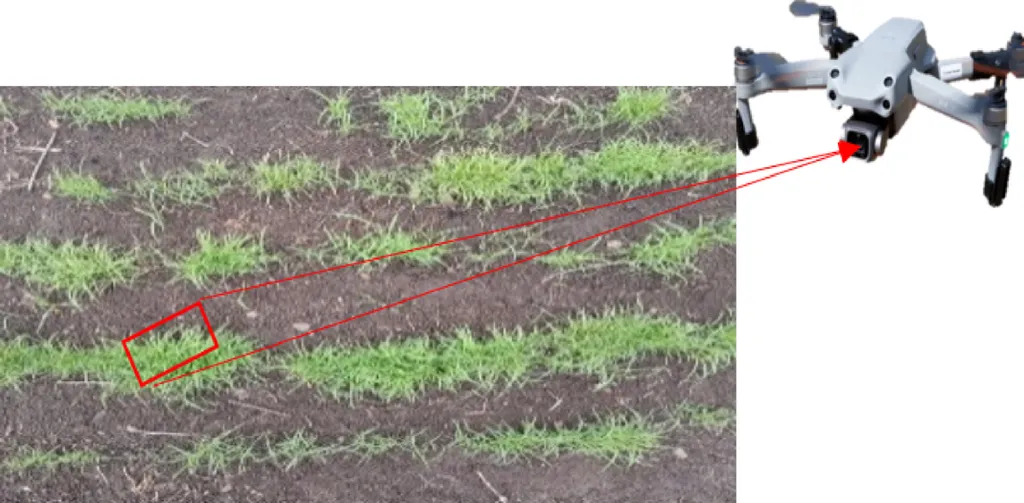In the heart of Ethiopia, where the golden staple crop teff thrives, a technological revolution is taking root. Researchers, led by Alemu Setargew Kebede from the Department of Information Technology at the University of Gondar, are harnessing the power of deep learning and drone technology to combat a longstanding agricultural challenge: weed management. Their work, recently published in *Scientific Reports* (translated to English as “Scientific Reports”), could reshape the future of precision agriculture, with significant implications for the energy sector.
Teff, a tiny but mighty grain, is a cornerstone of Ethiopian cuisine and culture. Yet, its productivity is under siege from weeds, which compete for nutrients and sunlight, stifling yields. Traditional weed control methods are labor-intensive and often indiscriminate, leading to herbicide misuse and reduced crop productivity. “The challenge lies in distinguishing teff from visually similar weeds, especially on large farms,” explains Kebede. “This is where our deep learning model comes into play.”
The research team collected 1,308 high-resolution images from drones, capturing teff fields under various growth stages and weather conditions. They leveraged key shape-based features like aspect ratio and solidity to enhance model performance. Data augmentations and different optimizers were employed to minimize overfitting and adapt the model to diverse data characteristics.
Several deep learning models were evaluated, including MobileNetV2, InceptionResNetV2, DenseNet201, VGG16, Resnet50, Fast R-CNN, and YOLOv8. The standout performer was MobileNetV2, which achieved an impressive 96.40% accuracy after fine-tuning. This model could enable unmanned aerial vehicles (UAVs) to apply herbicides with precision, targeting only the weeds and sparing the teff.
The implications of this research extend beyond the fields of Ethiopia. Precision agriculture, driven by AI and drone technology, promises to enhance crop productivity and reduce the environmental impact of farming. For the energy sector, this could translate into more efficient biofuel production, as crops like teff can be used to produce bioethanol. “This technology could revolutionize how we approach weed management, not just in teff fields but in various crops,” says Kebede. “It’s a step towards more sustainable and efficient agriculture.”
The study highlights the transformative potential of AI-driven solutions in agriculture. As Kebede and his team continue to refine their model, the future of farming looks increasingly precise, efficient, and sustainable. The research, published in *Scientific Reports*, marks a significant milestone in the journey towards smart agriculture, offering a glimpse into a future where technology and nature coexist harmoniously.
In the energy sector, the ripple effects of such advancements could be profound. As precision agriculture reduces waste and increases yields, the production of biofuels could become more viable and environmentally friendly. This synergy between technology and agriculture could pave the way for a greener, more sustainable energy future. The work of Kebede and his team is not just about detecting weeds; it’s about cultivating a new era of agricultural innovation.

